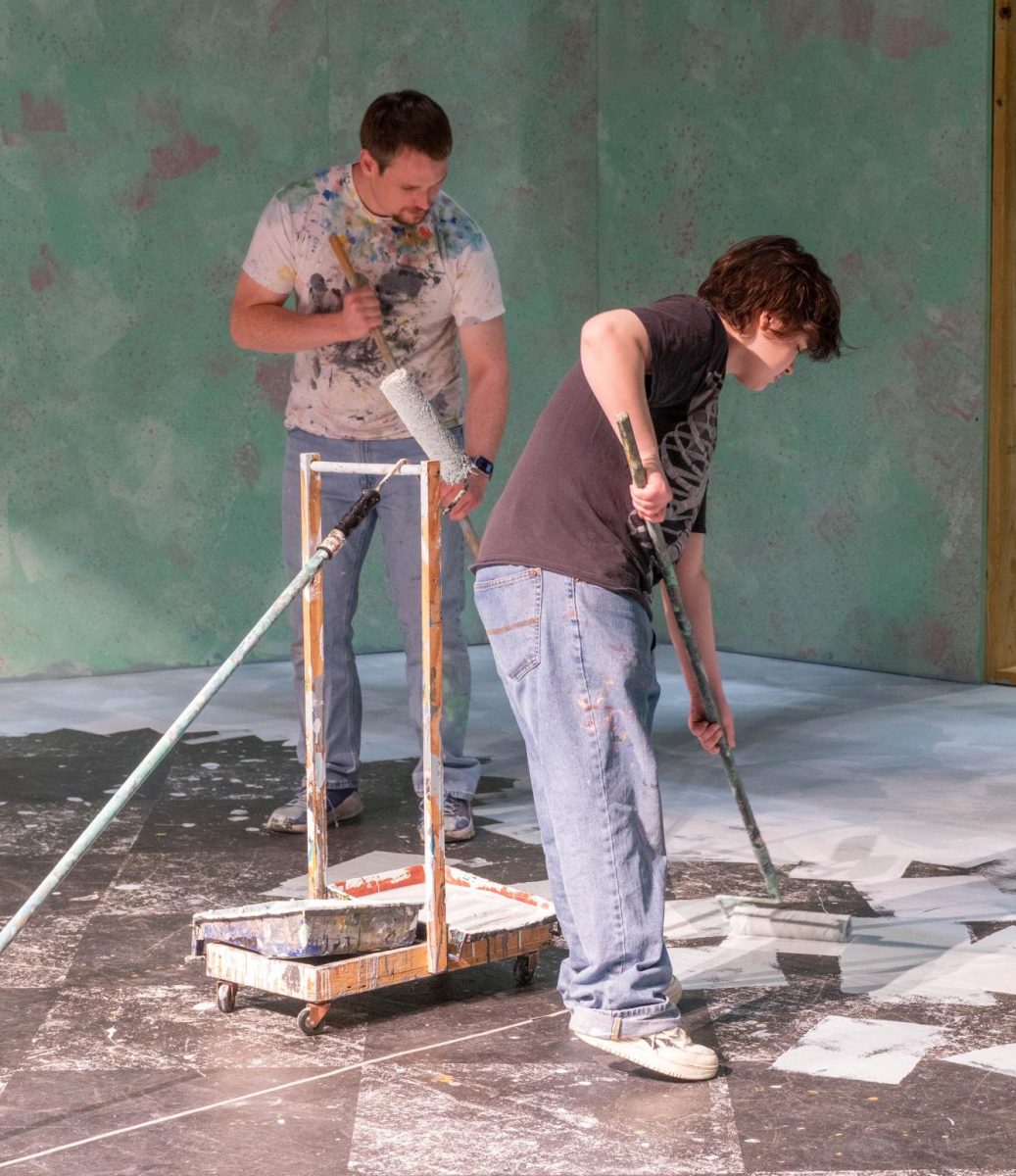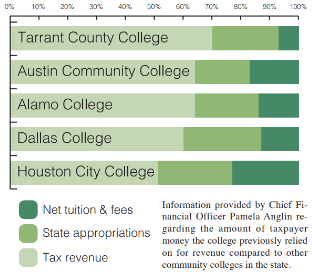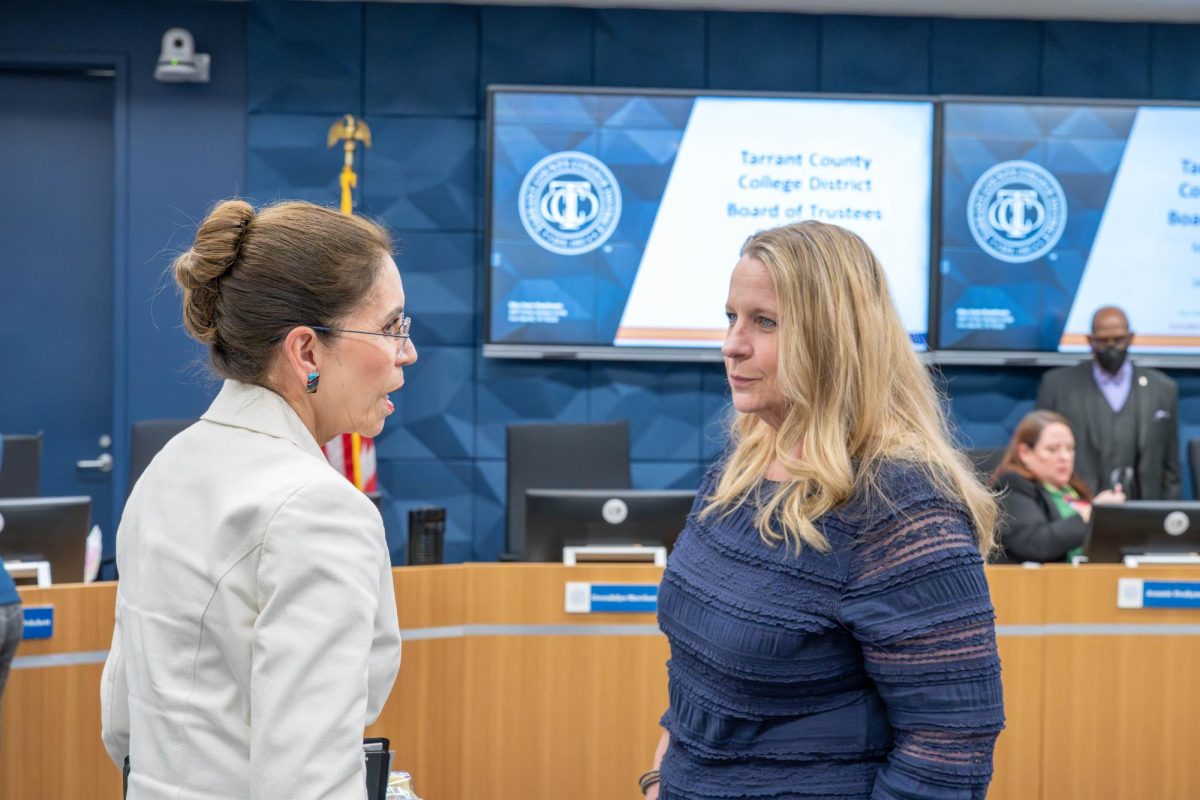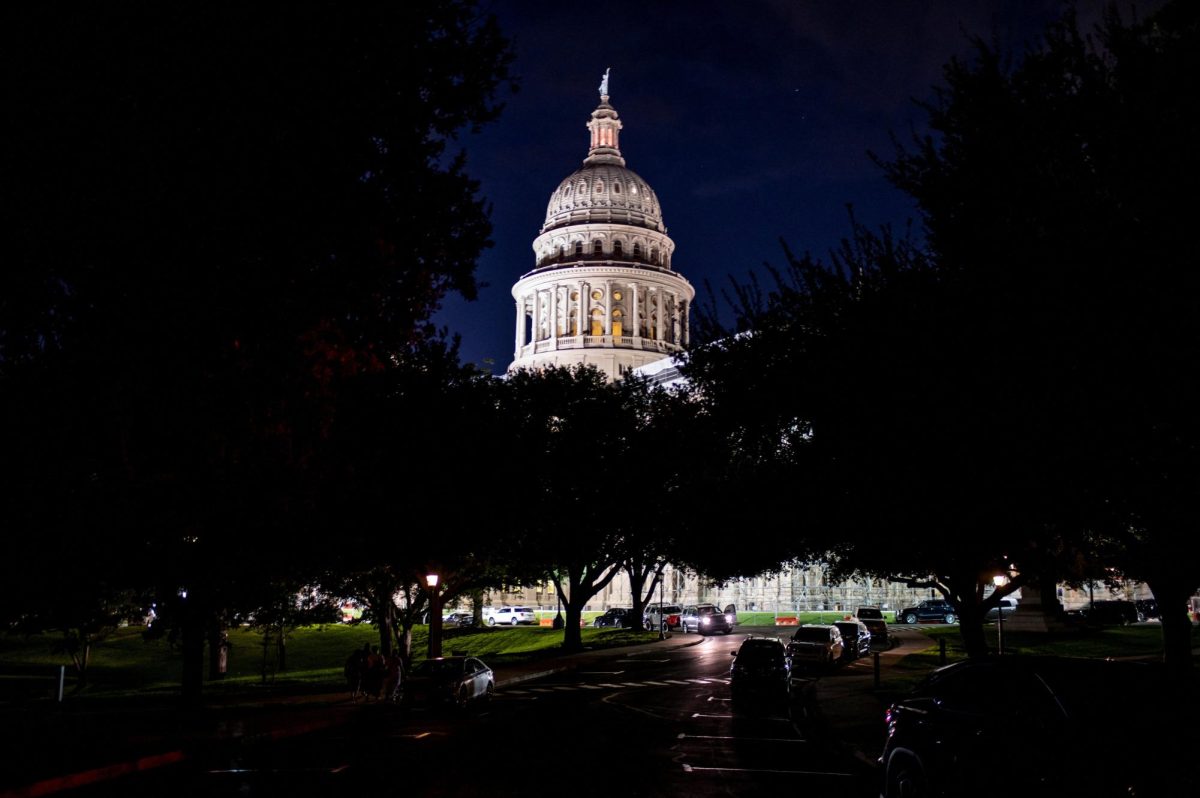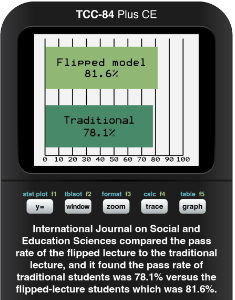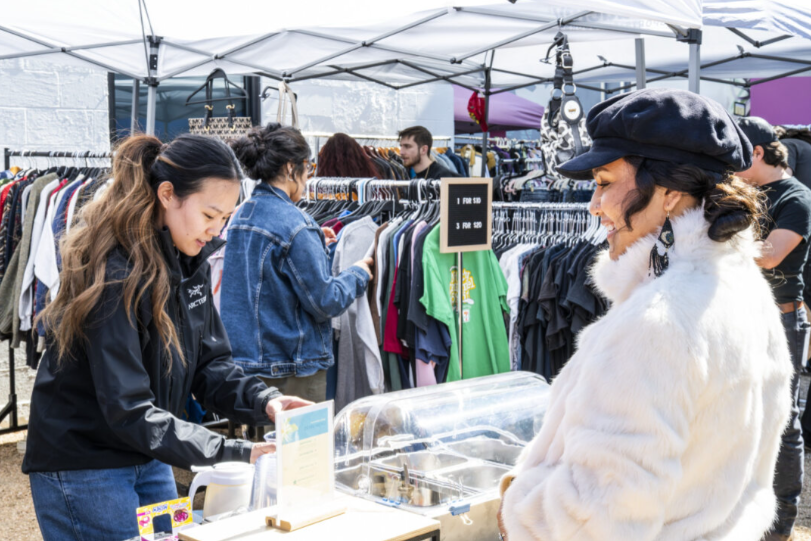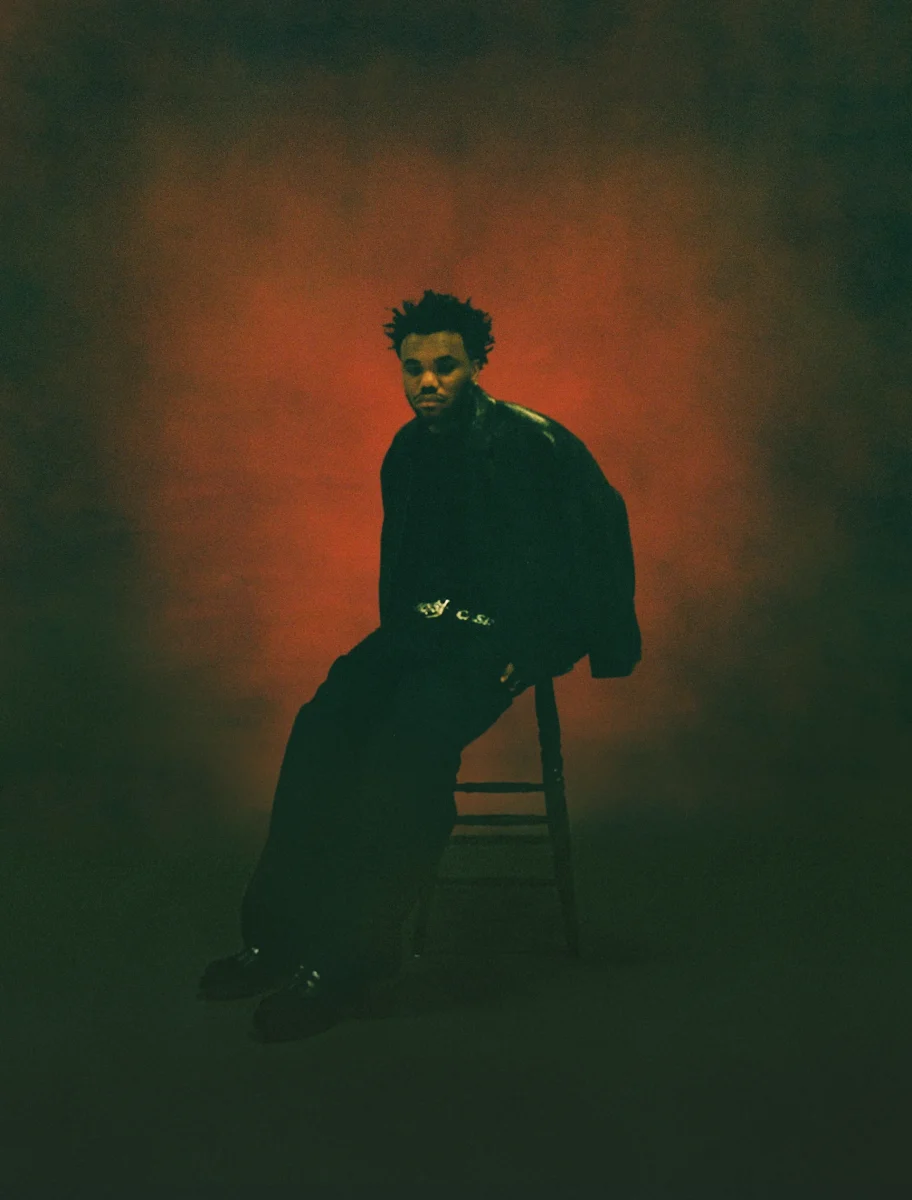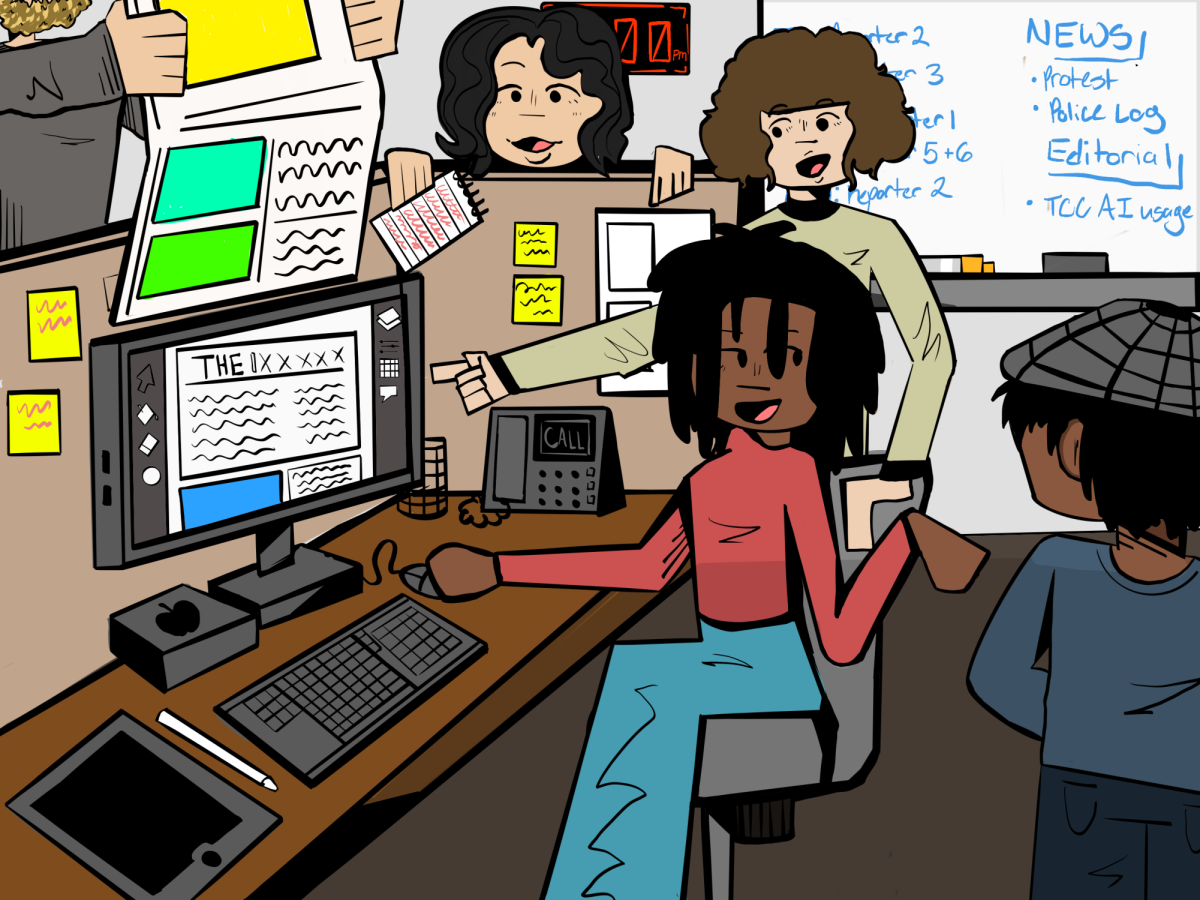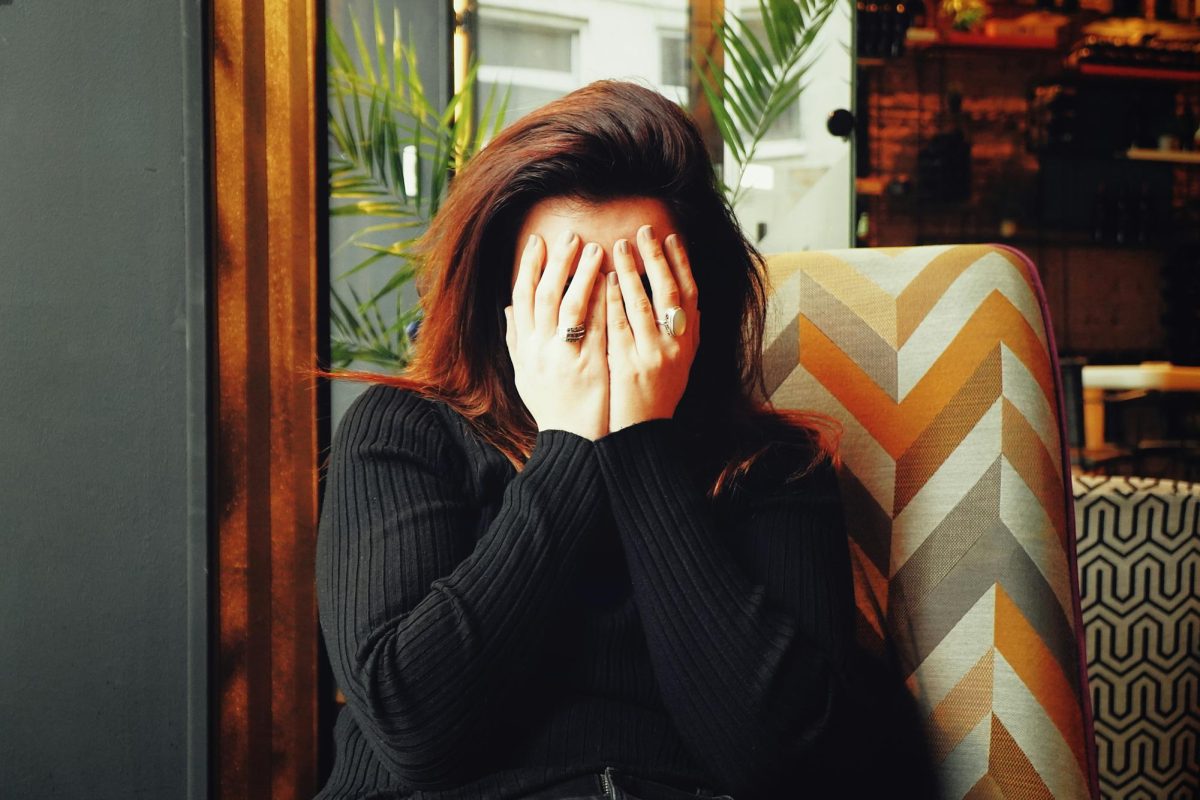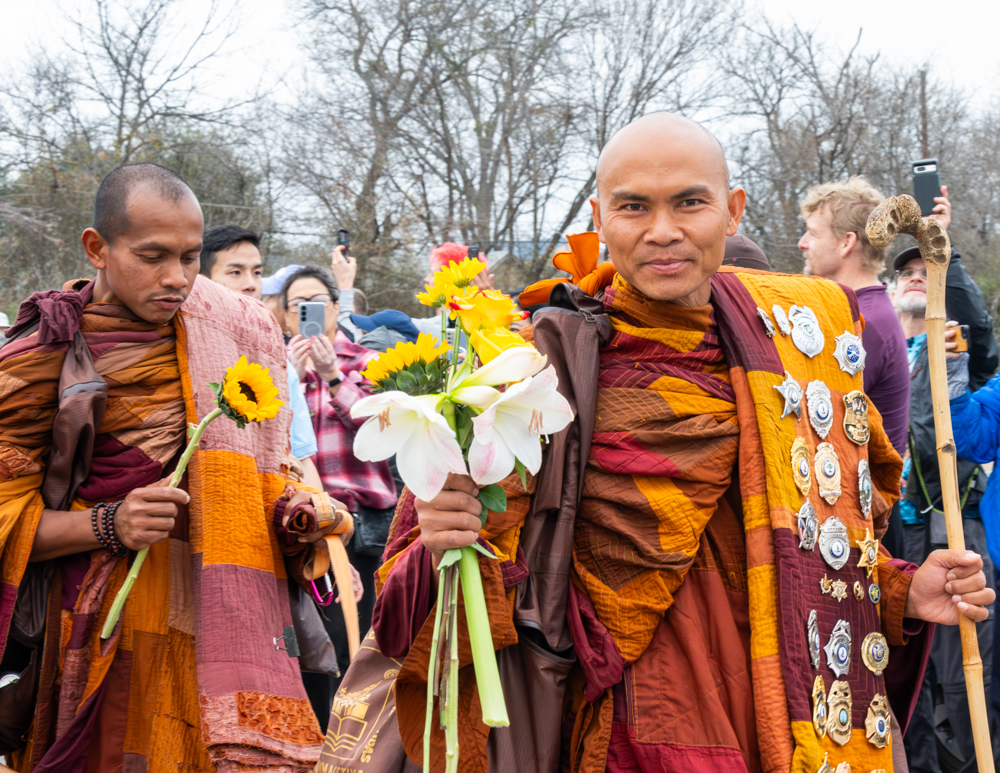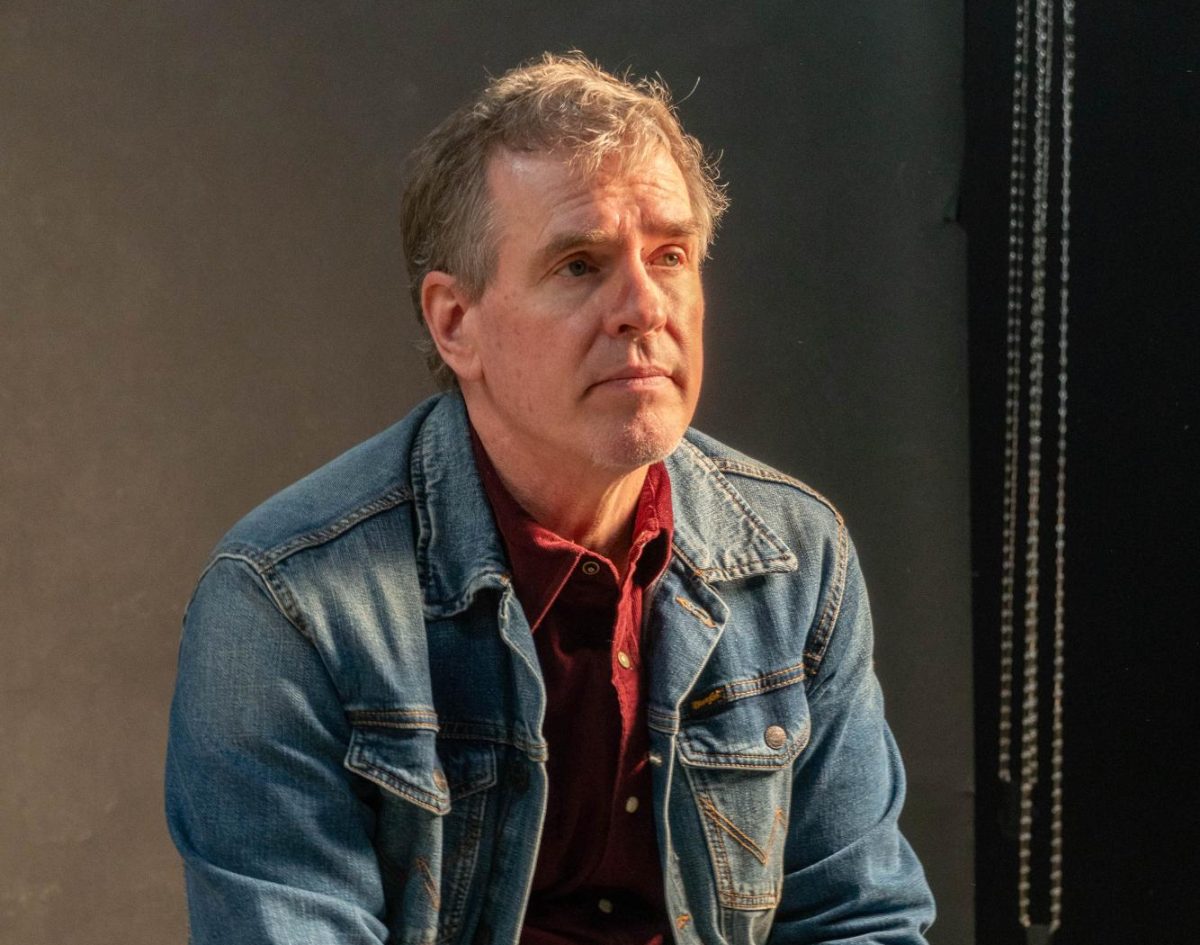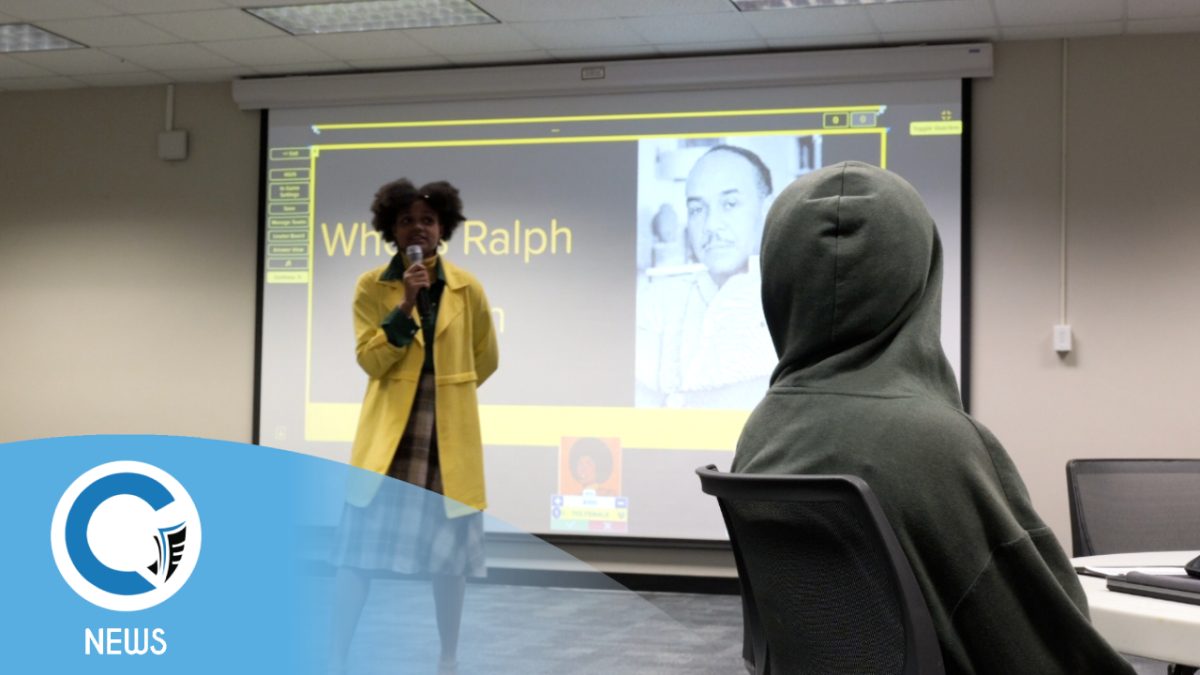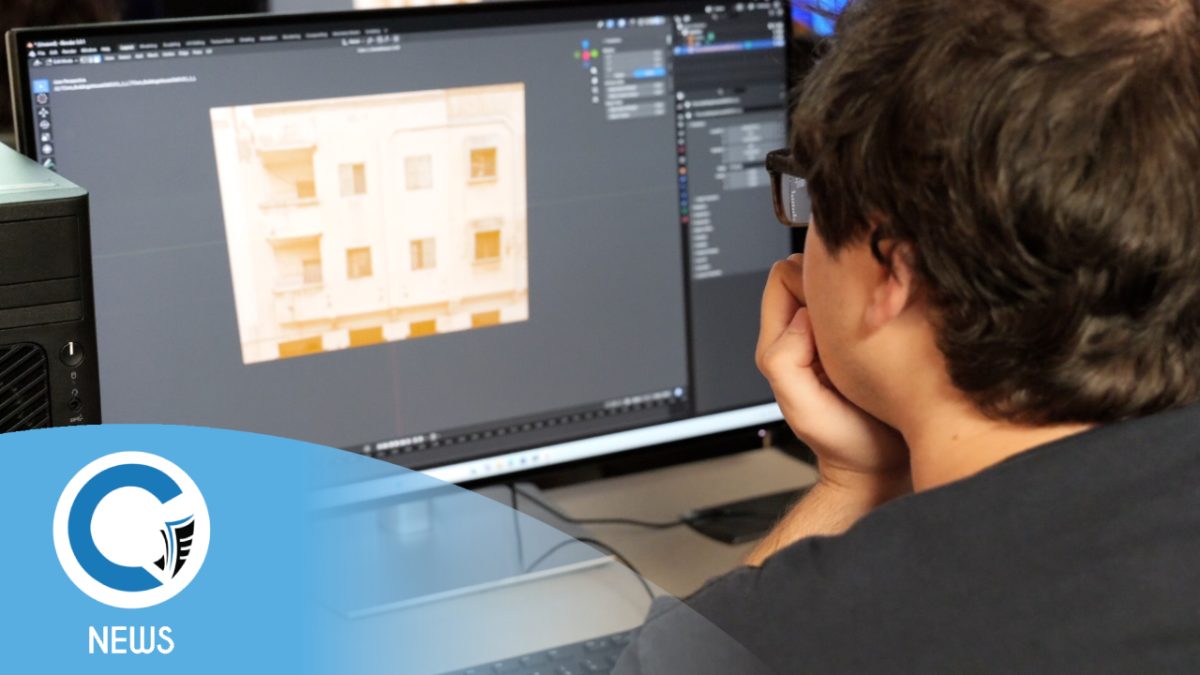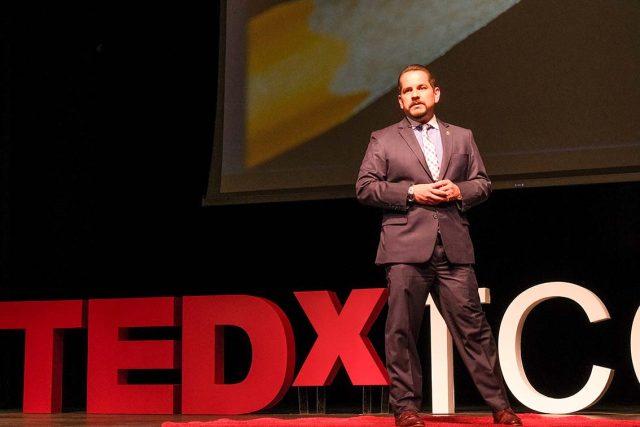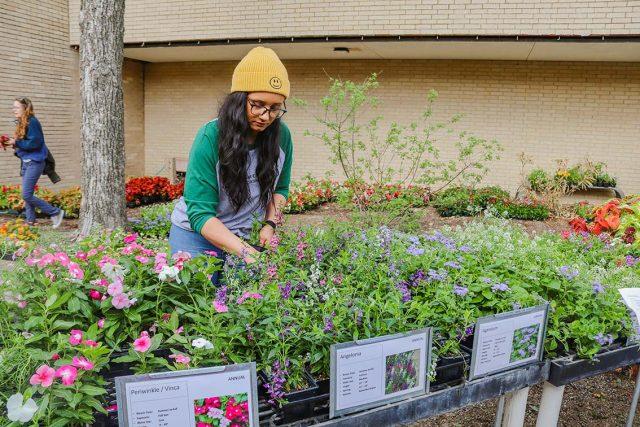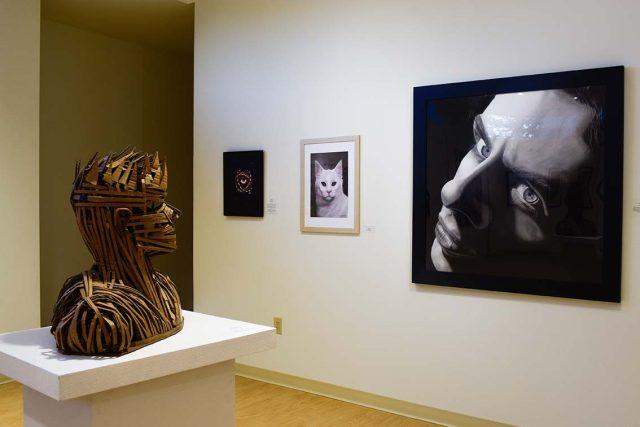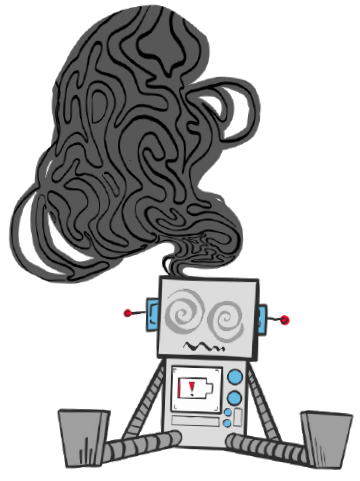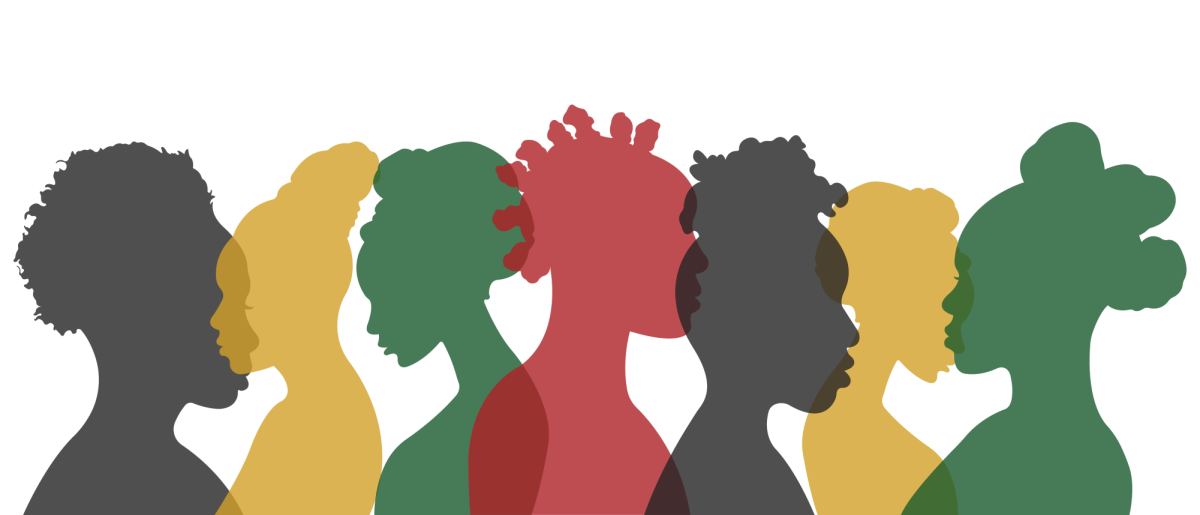OLLA MOKHTAR
campus editor
olla.mokhtar@my.tccd.edu
“Allahu Akbar, Allahu akbar” marks the beginning of the call to prayer for many Muslims to break their fast during Ramadan.
The ninth and holiest month in the Islamic calendar began on March 22 for approximately 1.8 billion Muslims worldwide and from sunrise to sunset for 29 to 30 days, Muslims fast anywhere from 12 to 18 hours.
Ramadan is a period of fasting and spiritual growth when able-bodied Muslims fast from food, water, sexual intimacy, gossiping and more. It is also seen as an act of self-restraint and spiritual cleansing.
NE student Arafa Dirar said that the holy month, for her, is a time to reflect and to look at herself as a Muslim, to see where she can improve on her faith to establish habits for the rest of the year. During this specific month is when the question ‘Not even water?’ arises the most.
“I think every Muslim has been asked that,” she said. “For non-Muslims, I think that they look at it from an intermediate fasting point of view. When I’m explaining it, I bring it back to the fact that it’s more than not eating and being hungry.”
Along with fasting, she believed that lack of inclusivity is the reason behind that question.
“I think they don’t know how to incorporate things for Muslims while fasting,” she said. “For instance, when I have to excuse myself from class to go pray or break my fast, I’m missing a portion of my class and information from that. There needs to be an establishment for other celebrations like Christmas and Easter. If we can get two weeks off for Christmas and a week off for Thanksgiving, America can shift hours for Muslims while fasting.”
SE student Suzana Karim said that she would refrain from eating in front of people who are fasting out of respect. Karim’s experience with Ramadan in the U.S. was described by her as a positive one and had high hopes for Muslims and non-Muslims coexisting with one another.
“My parents and I celebrate Ramadan and Eid together,” she said. “I feel like non-Muslims want to learn our traditions and learn more about Ramadan and I will do the same.”
She described every Muslim’s relationship with Ramadan and Islam to be different and saw positive change about it, especially on social media.
“If there are things you struggle with, you’re honest about it,” she said. “With Ramadan, I’m seeing more Muslims being honest with themselves, like, ‘This is where I am right now and I struggle with this, but I will use this month to improve myself.’”

